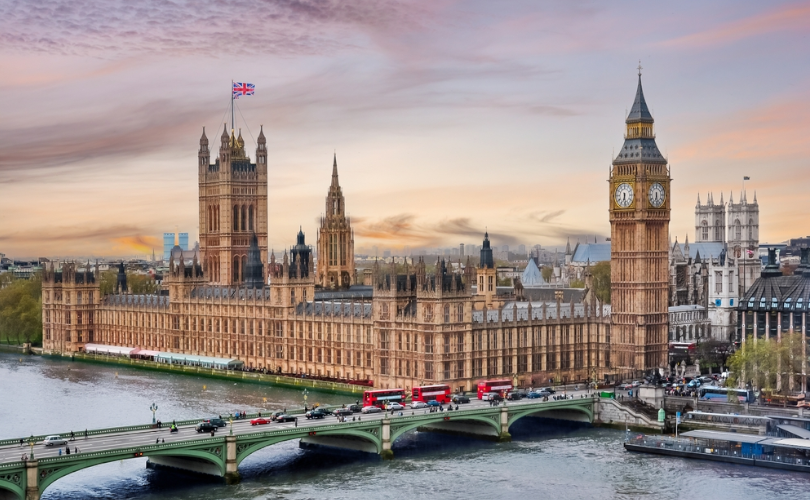(Right To Life UK) — The U.K. government has announced it will be using £12 million of taxpayers’ money for a program that will be implemented by an organization that aims to “expand access” to abortion in Tanzania over the next two years, despite the fact abortion is illegal in Tanzania and that there is little support for such a move among the public or MPs.
Earlier this month, the Foreign, Commonwealth & Development Office said it would be providing the money for a two-year extension of a family planning and sexual and reproductive health programme in the country.
READ: Pro-life Americans must not settle for half measures in defense of the unborn
The programme, known as the Scaling Up Family Programme (SUFP) in Tanzania, has already received almost £50 million of U.K. taxpayers’ money since 2017. The program has been implemented by a number of organizations including the abortion giant Marie Stopes International and an organization called EngenderHealth, which aims to “expand access” to “comprehensive abortion care,” which they define as including “information and counseling, induced abortion, and postabortion care.”
EngenderHealth is explicit that expanding access to “comprehensive abortion care,” which includes expanding access to induced abortion, is part of their work in Tanzania, as well as a number of other countries including Benin, Burkina Faso, Côte d’Ivoire, India, Niger, Senegal, and Togo.
The U.K. Minister for Development and Africa, Andrew Mitchell, said “U.K. funding announced today will help reduce maternal deaths in Tanzania, creating a safer environment for women and their children.”
Polling shows that there is little public support for taxpayers’ money being spent in this manner, with 65 percent of the British population opposed to this money being used to fund abortions overseas.
Equally, only three MPs and the minister (who has to be present) took part in a debate in support of increased funding for overseas abortion last year, indicating that this issue is not a priority among MPs.
Funding for abortion overseas
Funding for overseas abortions has been a continued theme of the U.K. government in recent years. Last year, the Foreign, Commonwealth & Development Office (FCDO) launched an initiative “to tackle gender inequality around the world” with the use of over £200 million of taxpayers’ money for programs that provide abortions and fund “pro-choice” campaigns in Africa.
The Women and Girls Strategy will provide up to £200 million of taxpayer money to be spent on the Women’s Integrated Sexual Health program. The program is implemented by international abortion providers MSI Reproductive Choices (previously Marie Stopes International) and International Planned Parenthood Federation (IPPF).
A government paper called International Women and Girls Strategy 2023–2030 accompanying the launch of the initiative explains that one of its goals is to “prioritise the often-neglected issue of safe abortion.”
In 2019 the Secretary of State for International Development, Alok Sharma MP, announced to the U.N. that the Department for International Development (DFID) would be providing an additional £600 million of taxpayer money for “family planning,” which included funding abortions.
This pledge was the U.K. government’s largest ever stand-alone spend of taxpayer money in this area and comes on top of the £1.1 billion already pledged over a five-year period beginning in 2017.
READ: Catholic college student slams feminism as ‘grotesque’ attack on ‘life, holiness, and beauty’
Spokesperson for Right To Life UK, Catherine Robinson, said “Without a hint of irony, the Minister for Development and Africa says this money, some of which will go to organizations actively seeking to expand access to abortion in the country, will create a ‘safer environment for women and their children.’”
“Rather than providing genuine aid to those countries that need it, whether clean water or food, the U.K. government seems intent on funding organizations that promote abortion in countries like Tanzania. As others have pointed out, this is a form of neo-colonialism, which cannot end soon enough.”
Reprinted with permission from Right To Life UK.

